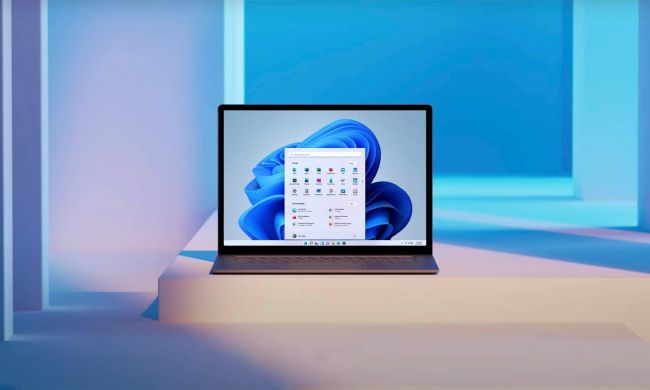 Apple is prepared to fight for the trademark rights to “App Store”. On Monday, the Cupertino-based company filed paperwork with the U.S. Patent and Trademark Office (PTO), challenging Microsoft’s claim that “App Store” was too generic to qualify for trademark status, according to Politico.
Apple is prepared to fight for the trademark rights to “App Store”. On Monday, the Cupertino-based company filed paperwork with the U.S. Patent and Trademark Office (PTO), challenging Microsoft’s claim that “App Store” was too generic to qualify for trademark status, according to Politico.
Apple didn’t pull any punches, either, accusing Microsoft of blatant hypocrisy in challenging the trademark. Microsoft, Apple claims, previously faced similar challenges to its trademark on a little operating system called “Windows.”
“Having itself faced a decades-long genericness challenge to its claimed WINDOWS mark, Microsoft should be well aware that the focus in evaluating genericness is on the mark as a whole and requires a fact-intensive assessment of the primary significance of the term to a substantial majority of the relevant public,” Apple wrote in its PTO filing.
“Yet, Microsoft, missing the forest for the trees, does not base its motion on a comprehensive evaluation of how the relevant public understands the term APP STORE as a whole,” the document continued. “What it offers instead are out-of-context and misleading snippets of material printed by its outside counsel from the internet and allegations regarding how the public allegedly interprets the constituent parts of the term APP STORE, i.e., ‘app’ and ‘store.'”
Fighting words, indeed. Apple originally filed for the “App Store” trademark in 2008, not long after launching the App Store for the iPhone. Earlier this year, Microsoft decided to make its umbridge with Apple official by filing a motion with the PTO calling the trademark too generic and too restrictive to be approved.
Apple, one could argue, invited this fight by opting for a purposefully generic name (a behavior also evidenced in the choice of ‘iPhone,’ ‘iPad’ and iOS). Do you, the public, associate “App Store” as a strictly Apple product as you would associate “Windows” with Microsoft? Either way, it’s now up to the PTO Trademark Trial and Appeal Board to decide.


